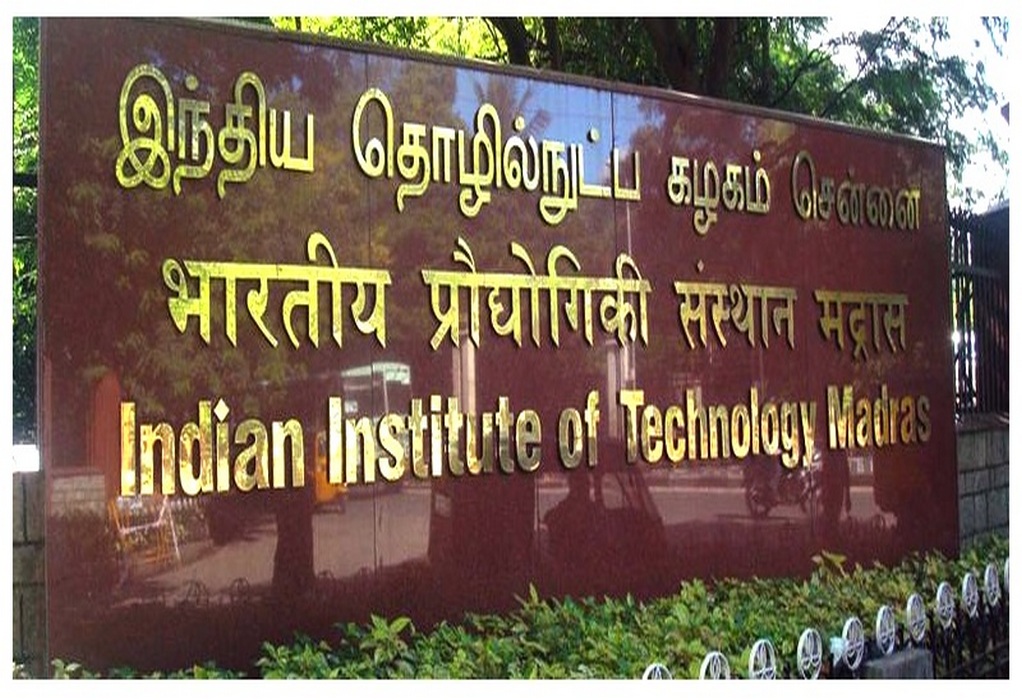A team of researchers from the Department of Physics at IIT Madras has developed a new way to generate hydrogen from seawater that is more cost-effective and efficient than existing methods. The team’s work was published in the journal ACS Applied Energy Materials.
The team’s approach uses a simple, scalable, and cost-effective electrolyzer that can be powered by solar energy. The electrolyzer uses alkaline seawater as the electrolyte, and carbon-based electrodes coated with transition metal-based catalysts. The catalysts help to speed up the production of hydrogen and oxygen from seawater, while the carbon-based electrodes are resistant to corrosion in seawater.
The team’s electrolyser was able to produce hydrogen at a rate of 250 ml per hour from a 16 sq.cm electrolyser, and 1 liter per hour from a 391 sq.cm electrolyser. The team also fabricated a stack consisting of three such cells, which produced 4 liters of hydrogen per hour.
The team’s work has the potential to make hydrogen production from seawater more affordable and accessible, which could help to reduce our reliance on fossil fuels and combat climate change.
The team’s electrolyser uses a cellulose-based separator, which is more economical and environmentally friendly than the oxide-polymer separators that are used in conventional electrolysers.
The team’s electrolyser is highly efficient, with an overall seawater splitting voltage of 1.73 V at 10 mA/sq.cm. This is equivalent to about 12% efficient solar-to-fuel conversion under 1 sun illumination.
The team’s electrolyser is scalable, and could be used to produce hydrogen on a large scale.
The team’s electrolyser is cost-effective, and could potentially be used to produce hydrogen at a cost that is competitive with fossil fuels.
The research is expected to create a renewed interest in the low-cost production of Hydrogen, a clean fuel, from sea water.
Tags: Hydrogen, IIT Madras, Seawater, Solar



Recent Posts
Hyundai Glovis to Retrofit Seven PCTCs with Avikus AI Navigation System
Super Terminais orders three more Konecranes Gottwald ESP.10 Mobile Harbor cranes
Covestro and HGK Shipping Extend Partnership to 2040 with Focus on Wind-Assisted Vessel Retrofit
Artemis Technologies Successfully Demonstrates 100 Percent Electric Crew Transfer Vessel at Aberdeen Offshore Wind Farm
IACS Council Advances Decarbonisation, Digitalisation and Governance Priorities at C91 Meeting in Beijing
Japan Launches Major R&D Project to Advance Shipbuilding with Alternative Fuels
EU Adopts Emissions Standards for Low Carbon Hydrogen to Bolster Clean Energy Market
Trafigura to Implement ZeroNorth’s AI Platform Across Global Fleet